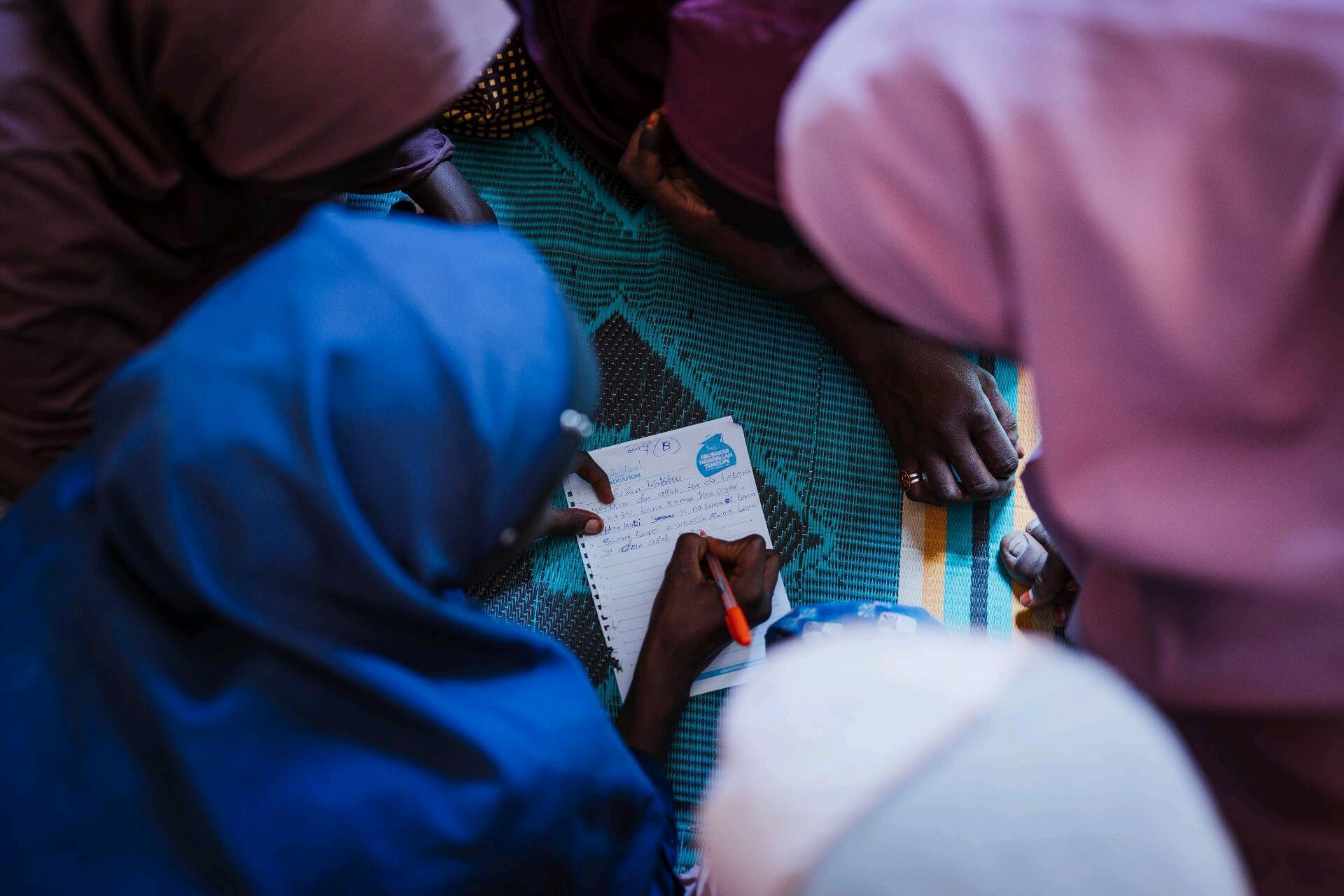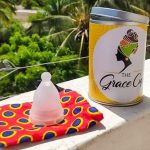For the over eight years (2009-2017) that the jihadist group, Boko Haram, was most active in northeast Nigeria’s Borno State, people here saw bombs go off daily.
Children saw their parents and relatives killed before them, and their houses razed. Over 35,000 people have been killed since 2009, and over two million have been displaced.
These scenes have left many traumatized and showing signs of mental health disorders. Yet, most do not know they have a problem and require support.
“We had a session with some children…; we asked them if they have experienced any form of mental health challenges, and they said no,” said Hassana Danyerwa, a mental health advocate and counsellor in Maiduguri, the Borno State capital.
“But on the second day, most said that they have experienced this or that but don’t know that it may affect their emotions later.”
Yet, the bigger problem is that there is no solid government-led effort to provide mental health and rehabilitation support to these traumatized populations.
“So mental health [disorder] is there in our societies, but there are no preventive strategies and awareness done,” Danyerwa complained.
Among the few who know they have a problem, most do not feel free to open up to seek support for fear of stigmatization and exclusion.
“As someone who has lived with the experience of mental health issues, I realized that many people shy away from talking about it and stigmatize those with mental health conditions,” Danyerwa said.
“People tend to think that a person (who) gets depression, anxiety and other mental health illnesses have those illnesses in their genes or are into substance abuse.”
Providing support
Now, Danyerwa is leading a project called FeelNheal in Borno, working with young people to advocate for sound mental health and share tips on being mentally fit.
They also provide counselling and create a non-judgmental environment and targeted conversations (physical and virtual) that allow victims to feel free and unafraid to admit how they feel and seek support.
The group organizes mental health campaigns to educate young conflict-affected women and children, including those with disabilities, on what mental health is, the misconceptions around it, how to take care of themselves, how they can offer help to others and how they can access professional services.
Last year, the group held a concurrent 16-day of activism in partnership with Foundation for Alternative Learning in Underserved Communities to train 30 young conflict-affected women on managing their mental health and helping others in need.
“We also shared guide pamphlets written in Hausa language (spoken in most parts of northern Nigeria) to them with illustrations so they can use it to train others as well,” Danyerwa said.
The group visits secondary schools to discuss with students because “I realized most vulnerable people, such as conflict-affected children, are offline and don’t necessarily have access to the internet,” explained Danyerwa.
“So my team and I started visiting schools, orphanages and host communities to advocate what mental health is.”
So far, FeelNHeal has helped over 500 people feel free to talk about how they feel, including those who participate in its online sessions.
“We wish to create a community where mental health is normalized as much as physical health is,” she said.






